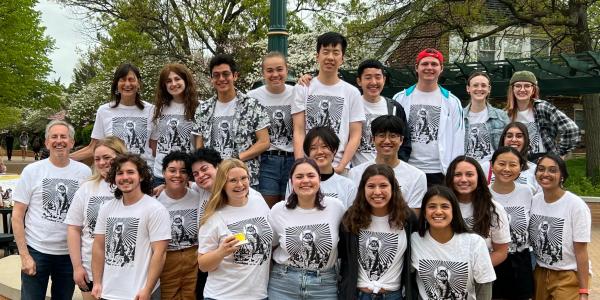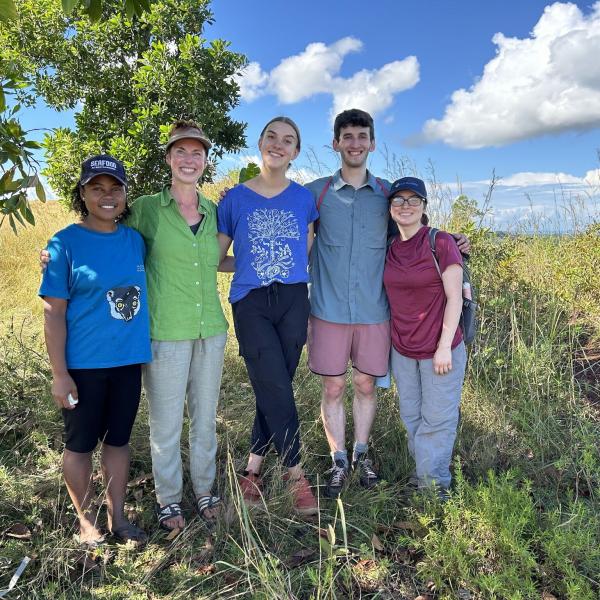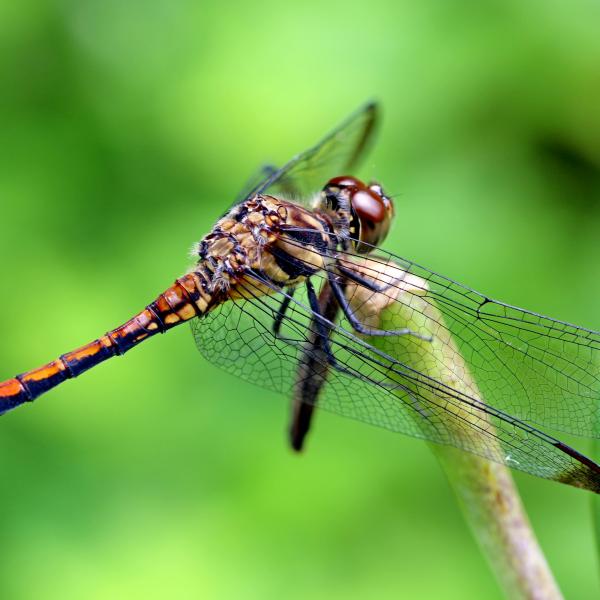This July, William Tolman will become dean of the College of Arts and Sciences at the University of St. Thomas in St. Paul, Minnesota.
As vice dean of research and entrepreneurship since July 2021 and associate dean since 2018, William "Bill" Tolman worked to advance research, scholarship, and creative practice in Arts & Sciences. In this Q&A, Tolman, who also served as the William Greenleaf Eliot Professor of Chemistry, reflects on his time as a leader in Arts & Sciences at Washington University and the future of the school’s research enterprise.
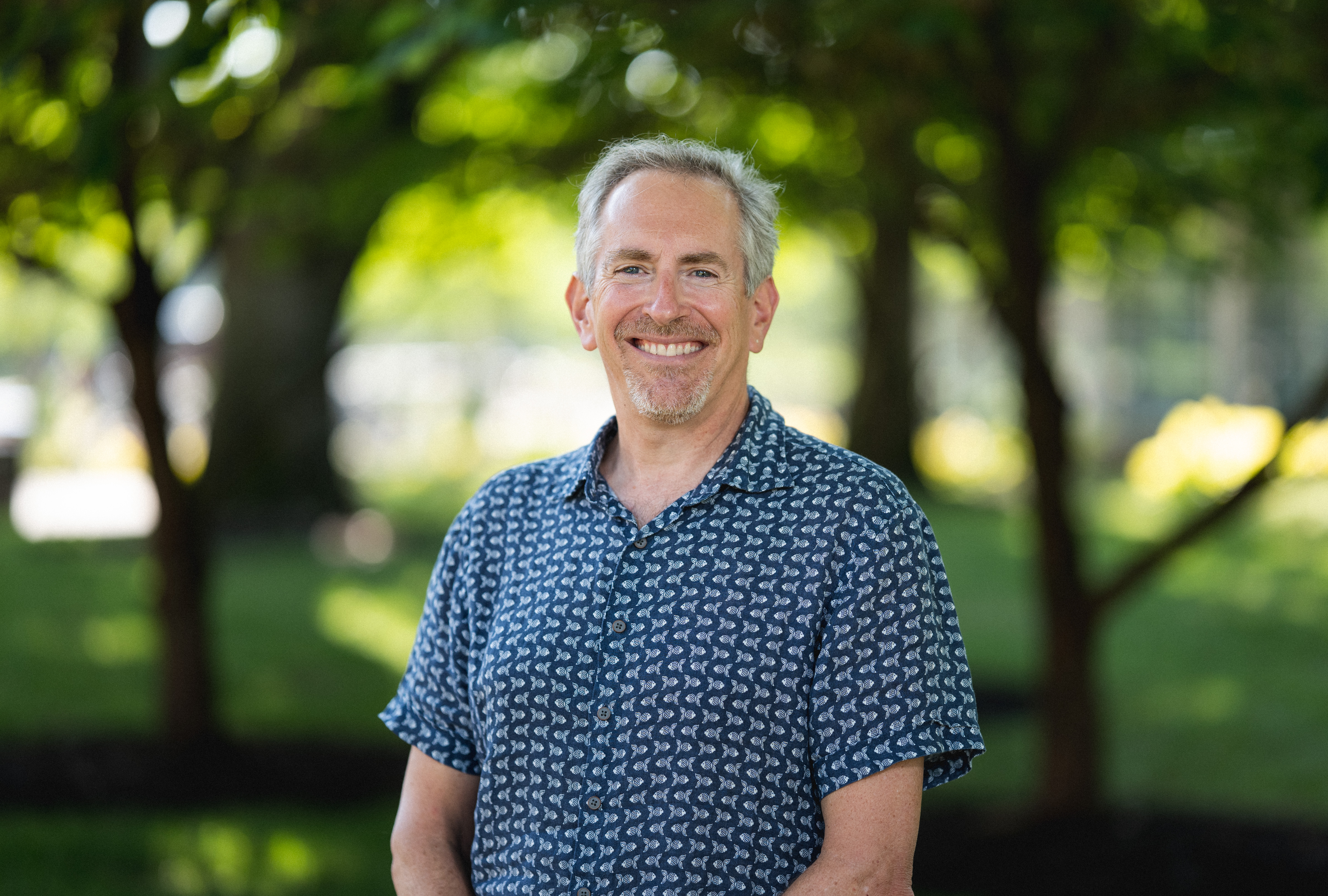
As vice dean of research and entrepreneurship during the strategic planning process, you championed a more integrated, collaborative vision for conducting and supporting research across Arts & Sciences. What makes this model so powerful?
Building and supporting large research centers has become increasingly important for furthering research. I see lots of value in interdisciplinary centers. There’s financial value, of course. In the federal funding landscape these days, large center grants are a critical way to bring significant research funds to an institution.
There’s also incredible value in terms of training students. Students and postdocs working within centers are exposed to different perspectives, allowing them to learn things they wouldn’t necessarily learn working in an individual laboratory or research group. I’ve seen my own students who have been part of a large center become very well trained and in a really strong position to compete for jobs afterwards.
And then, in terms of the actual problems you can solve, I think collaborative, integrative, interdisciplinary work is really the way to tackle the biggest problems that we’re facing as a society today. These very complicated challenges have sociopolitical, economic, and scientific intersections that require people with different backgrounds and perspectives to get together and work collaboratively to find solutions.
What is one accomplishment from your time as vice dean that you see having a lasting effect on Arts & Sciences?
The SPEED in Research program is something I’m really happy to see moving forward. We’ve awarded our first round of grants and funded a set of really exciting proposals that show strong promise for growing research and scholarship. All the newly funded projects are developing new directions for work that is often quite interdisciplinary, and they have a lot of potential to grow our research portfolio. And this is just the beginning! The SPEED in Research program will continue for years to come, investing in new research, scholarship, and creative practice in a serious and targeted way that has a lot of potential for the future.
What’s a favorite memory from your time as a faculty fellow?
My involvement with residential life and my time as a faculty fellow was really rewarding for me, for my family, for my cat – Hank the Campus Cat, as he’s known on Instagram – and for the students. I was able to build strong relationships with students, and it’s been really terrific to get to know different people from all over the university and in the broader community. Recently, we invited everyone who had managed to take a selfie with Hank to get together for a photo and some Ted Drewes, which was a real high point and a lot of fun.
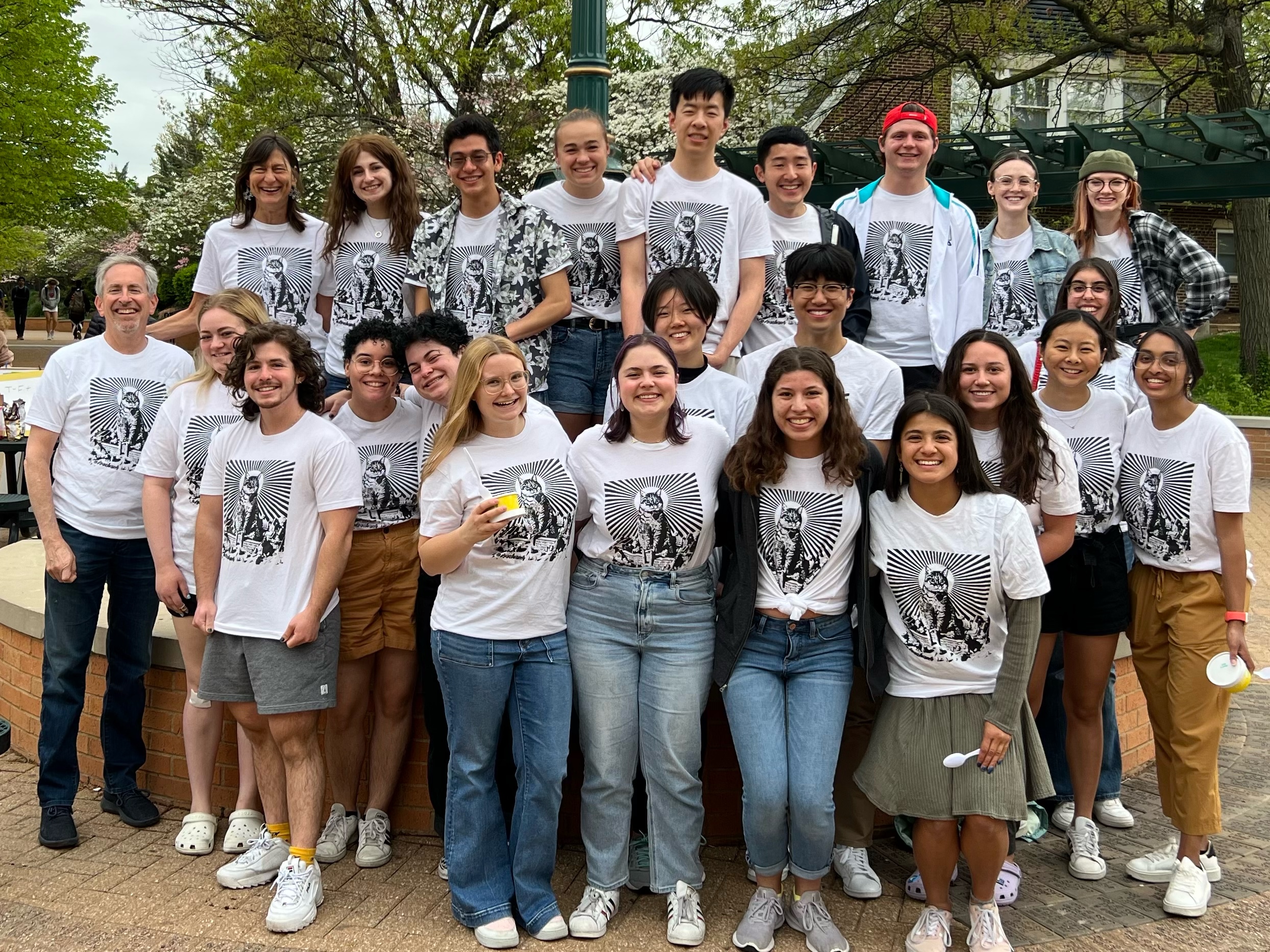
Earlier this year, you gave a great lab tour for Power of Arts & Sciences — why do you think outreach is so important?
Sharing science with the broader community is critically important. We owe it to the people who ultimately support our work – especially taxpayers, since we’re funded by federal agencies – to give them a wide open look at we’re working on. We’re excited about the science we’re doing, we think it’s important, it makes a real difference in society, and so we’re happy to share it.
I also think it’s really helpful for students to practice communicating about their science and sharing what they do. These kinds of events and opportunities, like Power of Arts & Sciences, are great for students. They find it nerve-wracking, and they stress about it, but I think that’s just part of the experience. They need to learn how to communicate effectively about the work they’re doing with a sense of gratitude and responsibility and duty to the community that provides the support we need to do the research.
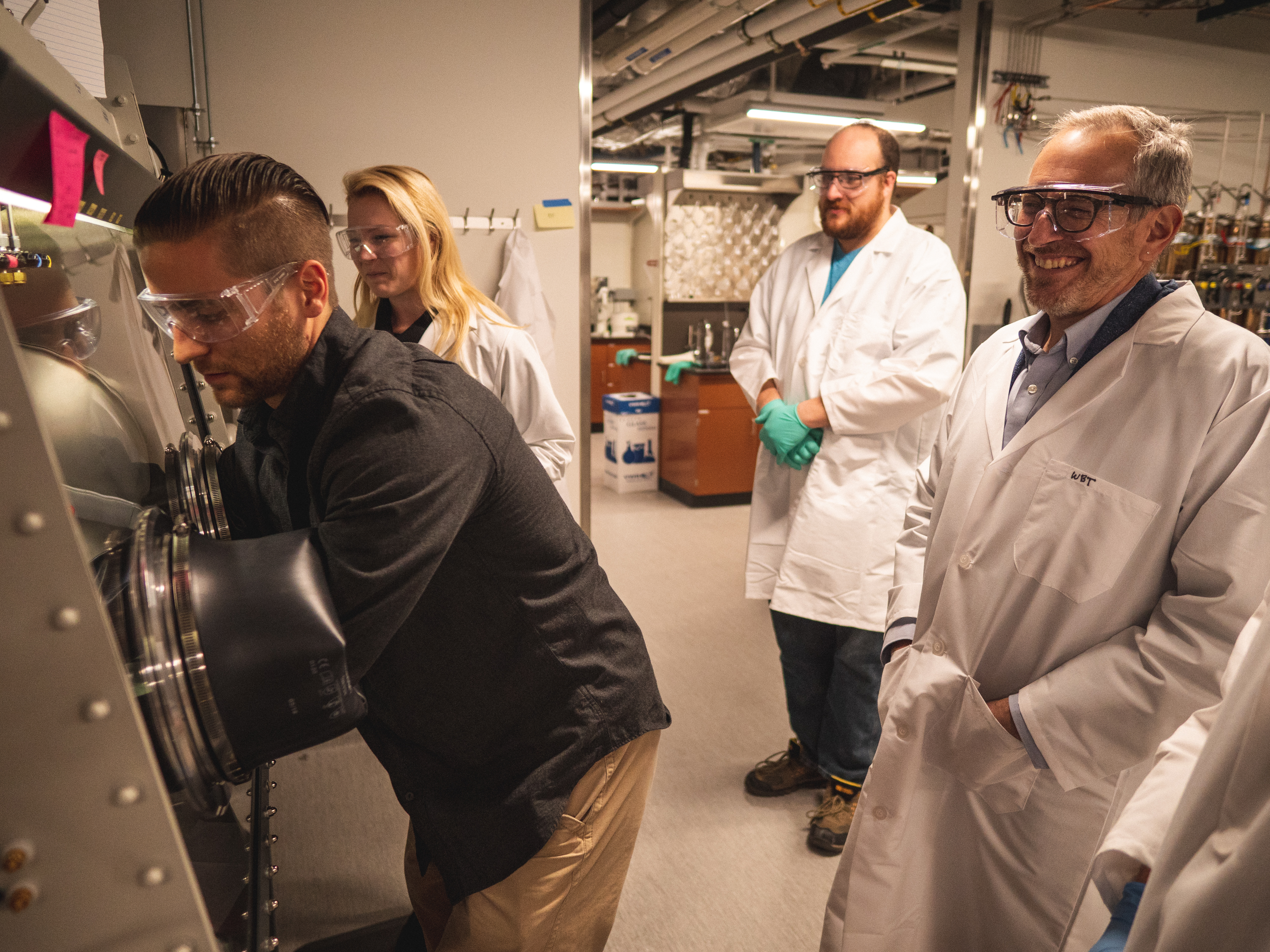
What’s one lesson you’ve learned at WashU that you will take with you in your next chapter?
I think the experience here at WashU has taught me a lot about listening to diverse constituencies and really hearing what they have to say and understanding their perspectives. This is something that I think is really important to be an effective leader, and it’s something I want to further develop moving forward.
In coming to WashU I harkened back to my years as an undergraduate at a liberal arts institution. Even though I was a chemistry major, I took a lot of classes in philosophy, language, and history, and I really enjoyed the whole liberal arts ethos. As vice dean, the opportunity to interact with and get to know people in the arts and humanities and social sciences, as well as the natural sciences, was really exciting for me. I’m looking forward to doing more of that in my next role.
